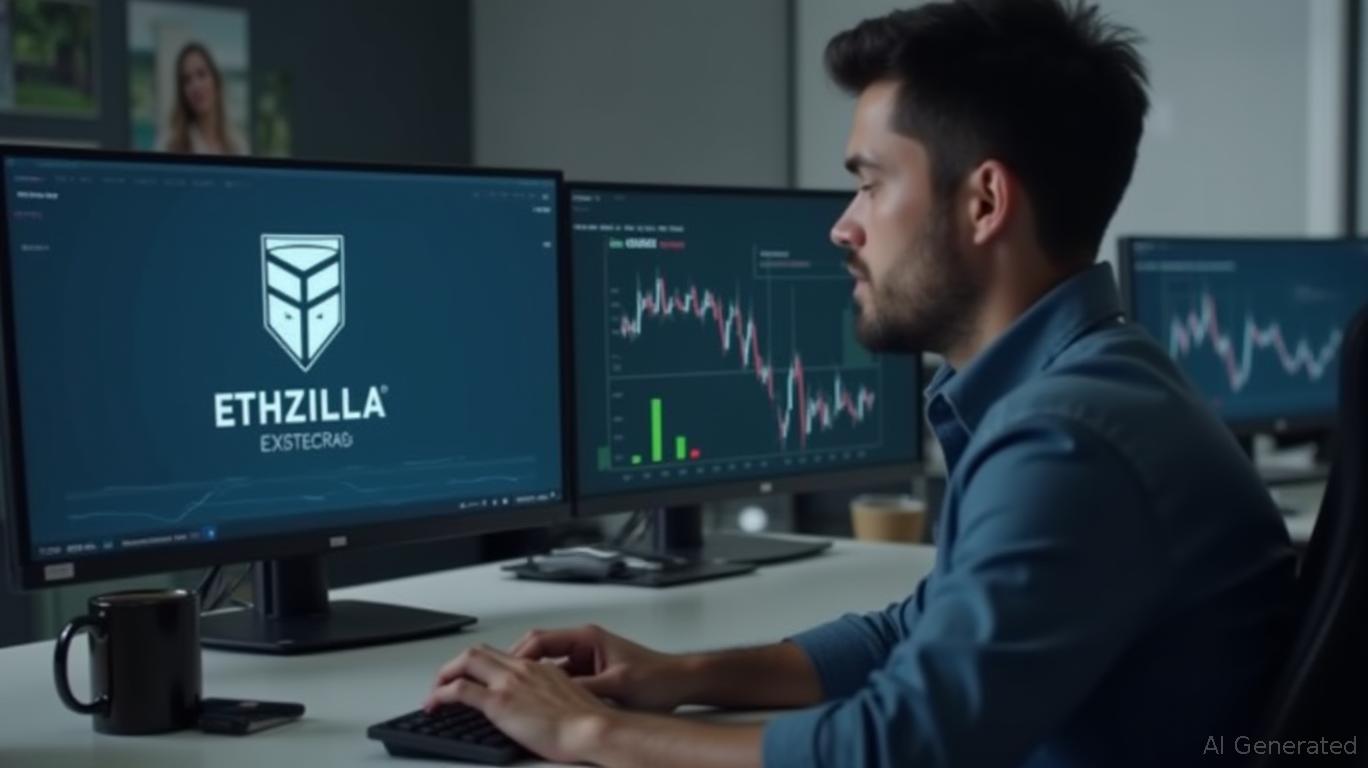Ethereum treasury company
ETHZilla
has recently sold about $40 million in ether (ETH) to support a $250 million stock buyback initiative, a move intended to narrow the gap between its share price and net asset value (NAV) and strengthen investor trust, as reported by
The Block
. Formerly known as 180 Life Sciences Corp., the firm has already spent $12 million to buy back 600,000 shares since it began selling ETH on October 24, according to
Stocktitan
. Chairman McAndrew Rudisill stated that ETH sales will continue to fund share repurchases until the NAV discount is "normalized," as cited by
Bitcoinsistemi
. ETHZilla currently holds roughly $400 million in ETH, with future sales proceeds set aside for more buybacks, The Block noted.
This buyback effort reflects a broader pattern within the
Ethereum
treasury landscape. Rival SharpLink Gaming (SBET) recently boosted its reserves by acquiring 19,271 ETH valued at $78.3 million, bringing its total ETH holdings to over $3.6 billion and signaling strong institutional faith in Ethereum as a reserve asset, according to
crypto.news
. ETHZilla's actions also come after a $15 million deal with Satschel, which gave it a 15% ownership stake and exclusive access to regulated digital asset markets, according to
Simply Wall St
. Simply Wall St reports that this partnership led to a 17.38% jump in ETHZ's share price in the last day, though the stock is still down 58% for the year.
Rudisill pointed out a major issue for ETHZilla: its shares are trading well below their NAV. The stock ended Tuesday at $22.50, a sharp drop from its 2025 peak of $107, which was reached when the Ethereum treasury plan was first revealed, The Block said. By cutting the number of shares in circulation, ETHZilla hopes to lift its NAV per share—a strategy supported by Peter Thiel's Founders Fund, which owns a 7.5% stake, according to The Block.
The buyback program, which received approval in August, is still ongoing as ETHZ's share price remains volatile. So far, the company has spent $12 million on repurchases, leaving $238 million authorized for future buybacks, Stocktitan reports. Analysts highlight that ETHZ's price-to-book ratio of 53.7x is much higher than its industry counterparts, suggesting high market expectations, but ongoing losses and slow revenue growth could challenge this optimistic outlook, according to Simply Wall St.
